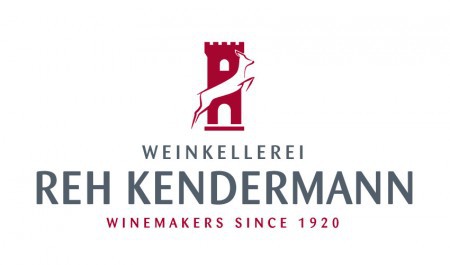Screw cap grows in popularity in UK and Australia, but Americans lag behind
Americans are still wary of screw cap closures for wine, while their British and Australian counterparts are much more accepting.
In the UK, screw caps and natural cork are favoured equally by consumers, with 40% saying they like buying wines closed with screw caps and another 40% saying they like natural cork.
 The US market still prefers natural corkWhile British and Australian consumers are much more open to screw cap closures, Americans still prefer natural cork, which they strongly associate with more premium wines, according to new data from Wine Intelligence..
The US market still prefers natural corkWhile British and Australian consumers are much more open to screw cap closures, Americans still prefer natural cork, which they strongly associate with more premium wines, according to new data from Wine Intelligence..
In Australia the preference for screw cap is even stronger, with 55% of respondents saying they like buying screw cap closures, compared to 38% expressing a preference for natural cork. But acceptance in the US market for screw caps is much smaller, with only 21% saying they like buying screw cap wines versus 64% preferring to buy wines sealed with cork.
The information is drawn from a new report from Wine Intelligence, whose data over the past seven years shows a significant rise in perceptions in the UK and Australia for screw caps, while the US has lagged behind. Wine Intelligence attributes this discrepancy to frequency of usage - over 70% of UK and Australian consumers report buying wine with a screw cap over the past four weeks.
The data shows that consumers still associate natural cork with premium wines in all three markets, with American drinkers most strongly associating cork with quality. In the US the average expected price of wine sealed with natural cork is $15.85, versus $9.42 for wine sealed with a screw cap.
Richard Halstead, chief operating officer of Wine Intelligence, said: "This year's data suggests that screw cap has consolidated its hold as the industry standard closure in the UK and Australia, but also confirms that Americans still have quite a different attitude".
"There is some evidence that screw-cap is making inroads in the USA, with 42% of consumers saying they have bought a screw cap wine in the past four weeks, but it seems that a significant minority of consumers remain unconvinced about the closure's merits, or its place on wines they would normally drink".
The data was collected from over 1,000 regular wine drinkers in each of the three markets via Wine Intelligence's Vinitrac survey.





